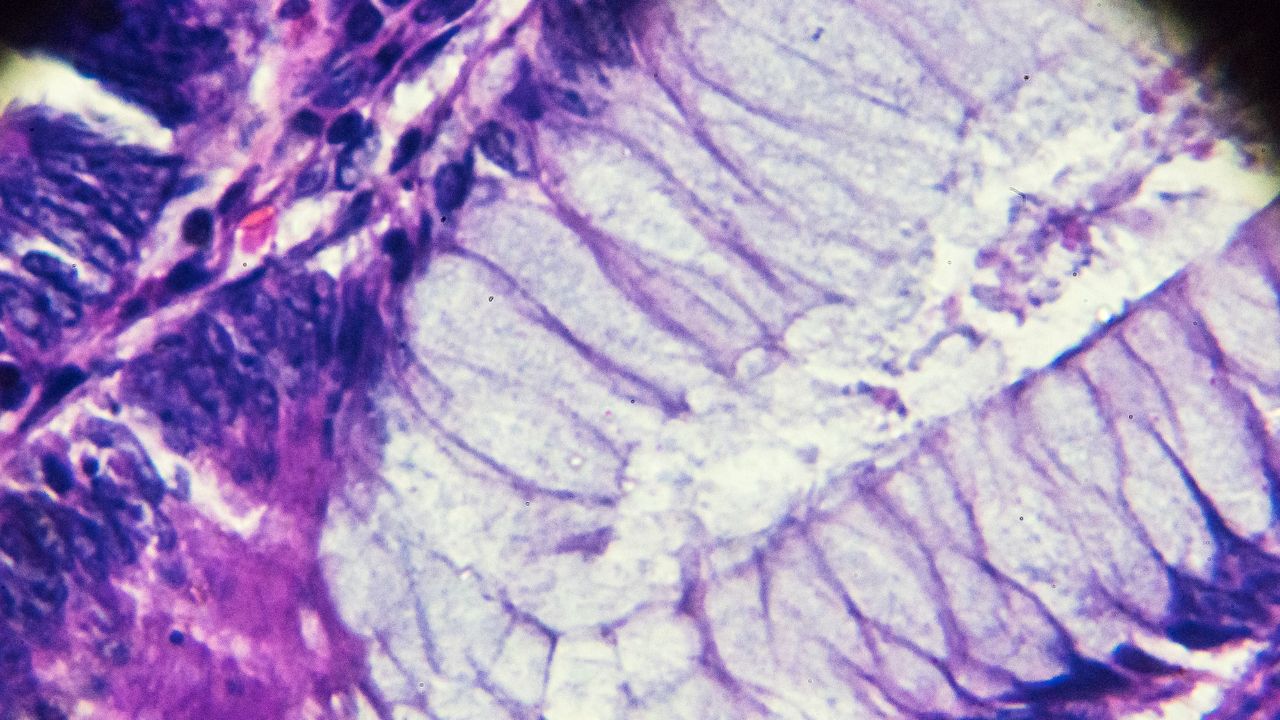Carcinoma Buccal Mucosa Treatment in India
Carcinoma buccal mucosa is a type of oral cancer that begins in the lining of the cheeks and the inner surface of the lips. It originates from the squamous cells, which are thin, flat cells lining the mouth. Early detection is crucial for effective treatment and increasing the chances of complete cancer eradication. This type of cancer predominantly affects men. Without prompt treatment, carcinoma buccal mucosa can spread to other areas of the mouth, tongue, and even distant parts of the body.
Symptoms of Carcinoma Buccal Mucosa
Recognizing the symptoms of buccal mucosal carcinoma is essential for early diagnosis. Common signs include:
- Lumps or Spots: Look for lumps, spots, or unusual discolorations in the cheek or mouth lining.
- Mouth Lesions: Sores in the mouth that bleed easily.
- Thick Formations: Noticeable thick formations or masses in the mouth.
- Discomfort: Pain or difficulty while eating and drinking.
- Persistent Hoarseness: A sore throat or hoarseness that doesn’t go away.
- Swallowing Difficulties: Trouble with swallowing or chewing.
- Ear Pain: Pain in the ears.
- Jaw or Tongue Issues: Difficulty moving the jaw or tongue.
- Swollen Jaws: Enlarged jaws or a tingling sensation in the tongue.
Causes of Carcinoma Buccal Mucosa
Several factors contribute to the development of carcinoma buccal mucosa. These include:
- Tobacco Use: Smoking or chewing tobacco significantly increases the risk.
- Excessive Alcohol Consumption: High levels of alcohol intake can be a major risk factor.
- Weakened Immune System: A compromised immune system may make one more susceptible.
- HPV Infection: Human papillomavirus (HPV) can also play a role in the development of this cancer.
Risks Associated with Carcinoma Buccal Mucosa
Patients with carcinoma buccal mucosa face several potential risks:
- Xerostomia: Dry mouth, which can affect overall oral health.
- Skin Reactions: Possible skin reactions from treatment.
- Mucositis: Inflammation of the mucous membranes in the mouth.
- Impaired Wound Healing: Difficulty in healing wounds post-treatment.
- Dysgeusia: Altered sense of taste.
- Hypothyroidism: Reduced thyroid function due to treatment.
- Spinal Cord Inflammation: Potential inflammation affecting the spinal cord.
Prevention of Carcinoma Buccal Mucosa
Preventative measures can help reduce the risk of carcinoma buccal mucosa. Effective strategies include:
- Moderate Alcohol Intake: Limiting alcohol consumption can lower risk.
- Good Sexual Hygiene: Practicing safe sexual behaviors to prevent HPV.
- Avoid Tobacco Use: Refraining from smoking and using tobacco products.
- Maintain Oral Hygiene: Regular brushing and flossing to keep the mouth healthy.
- Healthy Diet: Eating a balanced diet rich in nutrients.
Treatment Options in India
India offers comprehensive treatment options for carcinoma buccal mucosa, benefiting from advanced medical technology and skilled healthcare professionals. Available treatments include:
- Surgery: Surgical removal of the tumor and affected tissues is often the primary approach. This may involve partial or complete removal of the affected area.
- Radiation Therapy: High-energy rays are used to target and destroy cancer cells. This is often combined with surgery to eliminate any remaining cancerous cells.
- Chemotherapy: Anti-cancer drugs help kill cancer cells or inhibit their growth. This treatment is typically used if the cancer has spread.
- Targeted Therapy: Drugs specifically target cancer cells, minimizing damage to normal cells and reducing side effects.
- Immunotherapy: This treatment enhances the body’s immune response to better fight cancer cells.
Conclusion
Carcinoma buccal mucosa, when detected early, can be effectively managed with a high success rate. Understanding the symptoms, causes, and risks associated with this type of oral cancer is crucial for early diagnosis and treatment. In India, advanced medical facilities provide a range of treatment options tailored to each patient’s needs. Adopting preventive measures and leading a healthy lifestyle can further reduce the risk of developing this disease.





